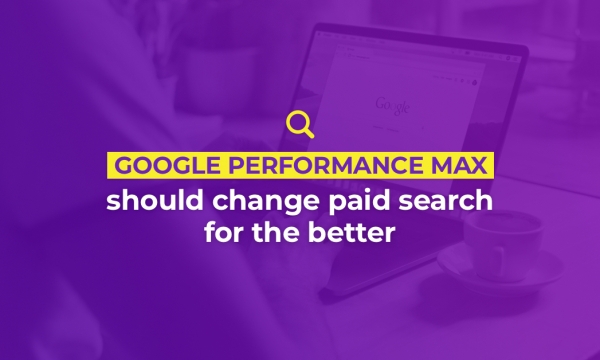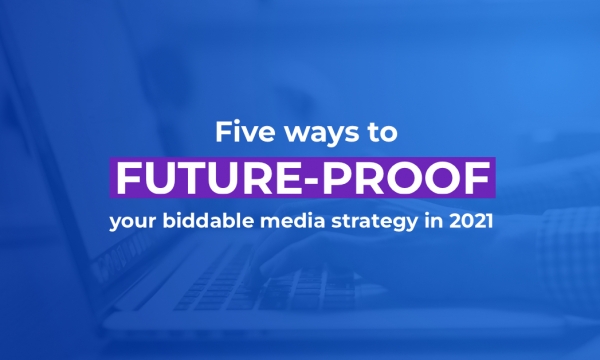Google has followed the lead of Facebook by allowing brands to match the data that they hold about their customers to the data that it holds about its users.
Customer Match will allow brands to not only learn more about how their customers behave online, but to also identify new audience groups to which they can serve highly targeted ads.
Here’s what you need to know.
So what exactly is it?

Customer Match allows advertisers to upload a list of their customer email addresses. Google will match these email addresses with those used to log in to Google properties, such as Google Search, Gmail and YouTube.
Brands will be able to identify new target audiences based on the behaviour of their existing customers. Google will use the data that it has on the behaviour of these users, such as search history, to provide a demographic profile of them and similar users. The result is a highly targeted group for brands to direct advertising to.
It will allow brands to create much more targeted PPC and display ads, by combining PPC ads with other activity, such as email marketing. However, you need to be mindful that you're going to have to set differing bidding strategies for each of your new customer segments. Typically, at least on social, they'll lead to higher conversion rates and lower CPA than standard propsecting activity but you'll need to bid more aggressively for those users who are lookalikes of your current customer set.
But, the good news is that because the system is based around users being ‘logged in’ to Facebook, rather than cookies, it will also make it easier for brands to follow users across different devices.
Doesn’t this all sound incredibly familiar?

It certainly does, particularly if you are currently advertising through Facebook Custom Audiences.
Facebook currently allows advertisers to import their email database into Facebook, in order to target the Facebook accounts that are associated with those emails.
Advertisers can then also create ‘lookalike’ audiences, which identifies Facebook users that share the same demographic and behavioural traits as a brand’s existing customers.
We’ve talked about this in more detail in our whitepaper, How to drive ROI from social advertising.
So what are the limitations?

There are a number of limitations, both from an ad content perspective and from a technical perspective.
Firstly, you are only allowed to utilise first party data, which has been collated with the permission of your customers, in Google Customer Match. This is defined by Google as:
- An email address from a customer who had purchased an item from your website.
- An email address from a customer who registered to receive marketing messages through your apps.
- An email address from a customer who signed up for your loyalty program in your physical store.
Third party data, including bought lists, is not permitted.
You are not allowed to run ads that collect “personally identifiable information” and similarly, you cannot run ads that claim or suggest that you have personally identifiable information about your customers. For example, you could not run an ad that contains a phrase such as; “We know you love football, so why not check out our latest boot range?” and even phrases such as “come back” or “we’ve missed you” will probably end up in the reject bin.
Sensitive information about customers cannot be used in Customer Match campaigns or ads, and advertisers will not be allowed to use data from Customer Match campaigns to identify sensitive information about their customers. This could include adult activities, religious beliefs, political affiliation, health or medical information (relating to the promotion of pharmaceutical products), or financial status (such as debt or poor credit), amongst others.
Unsurprisingly, there are limitations on directly marketing to young audiences, and all ads must meet existing AdWords policies as well as specific regulations that apply to your industry or country.
Do I need to change my privacy policy?

Google states that if you are using Customer Match, your privacy policy should disclose the fact that you share customer information with third parties to perform services on your behalf. Most brands will already meet this requirement.
It is unlikely that Google will enforce this itself, so ensure that your privacy policy does not mislead your customers or users in any way.
Isn’t there a customer trust issue here?

Many internet users are still largely unaware of what paid search ads are, and how ads end up being displayed. In that context, Google is likely to avoid any serious repercussions.
However, the fact that Google has expressly forbidden any ad that suggests that a brand may know something about a user’s personal situation suggests that Google is incredibly cautious about how this might appear to consumers.
The challenge for Google, and indeed for advertisers, will be in ensuring that Customer Match remains as incognito as possible.



